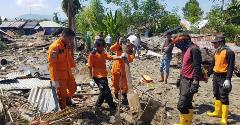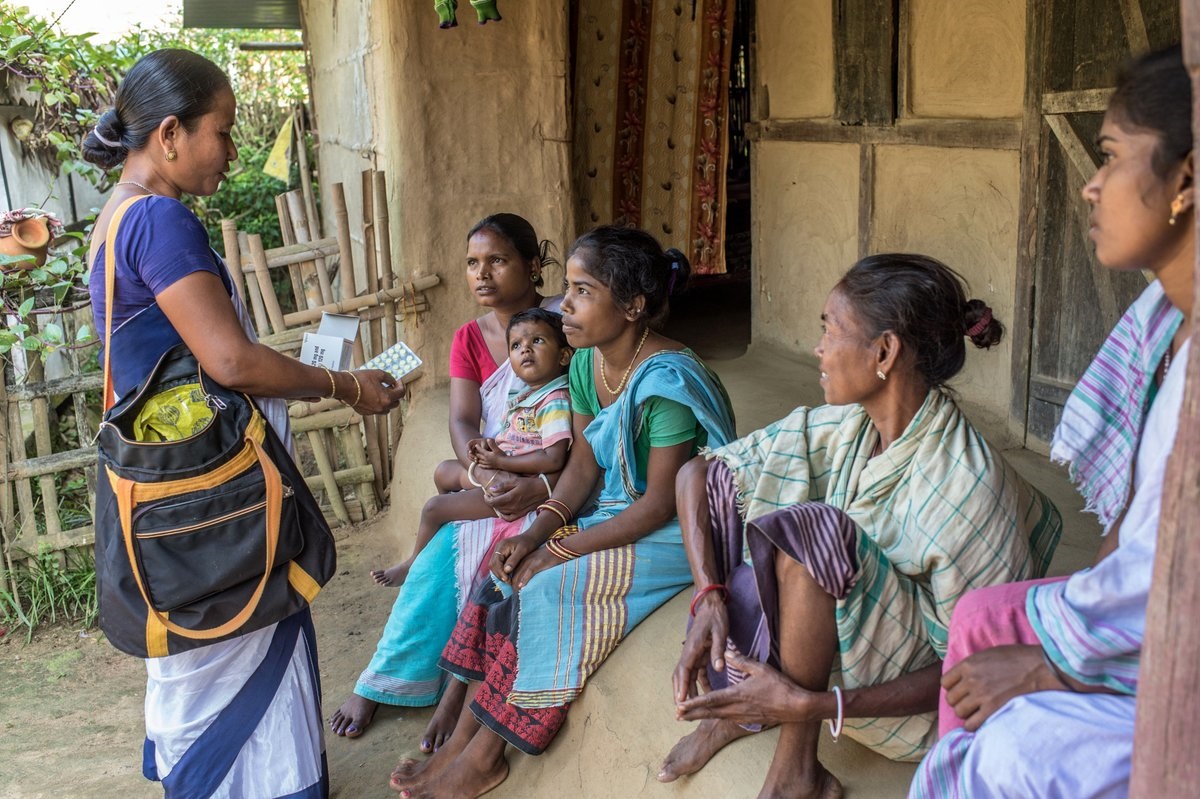
Climate change in the South-East Asia
Climate change will exacerbate current and underlying burden of disease. It won’t bring anything remarkably new or different; rather it will worsen our current health issues, such as under-nutrition, diarrhoeal disease, and infectious diseases. The health impacts of climate change will be felt by everyone, everywhere. The rural poor, urban slum dwellers, populations of small islands, mountain people and those living in coastal areas will be the most affected. The effects of climate change will be felt mostly in countries where health systems are weak, and the capacity to adapt and respond to climate change are low.Some places will experience changes such as increasing intensity of cyclones, while others may experience longer-term changes, such as heat waves, drought and sea level rise.
In addition to the impacts on the health of people, climate change and extreme weather events can also cause damage to health facilities. This has the potential to disrupt health services, as road blocks may limit the accessibility of supplies; essential services needed for running health facilities, such as energy and water supply, may be interrupted, and patients’ accessibility to health facilities may be obstructed.
Request for Expressions of Interest (EoI) for support to WHO SEARO Climate Change and Health technical unit ( PDF)
Deadline for applications: 1 July 2020 (EXTENDED TO MIDNIGHT 6 JULY 2020)
Actions on climate change and health
Climate and environmental change has been identified as a priority programme by the new Director General of WHO. Member states have endorsed a World Health Assembly resolution of climate change and health in 2008 and subsequently the WHO South-East Asia Regional committee has endorsed a resolution in 2009 and recently the Ministers of Health have signed the Male’ Declaration on building health systems resilience to climate change at the 70th Regional Committee meeting held in September 2017.
WHO Regional Office for South-East Asia supports member states in the following areas:
- advocate and raise awareness on the health impacts of climate change at national, regional and global levels;
- strengthen partnerships in addressing climate change impacts through adaptation and mitigation measures;
- enhance scientific evidence by developing research capacity and facilitating research in and between countries
- strengthen health system
Technical links







